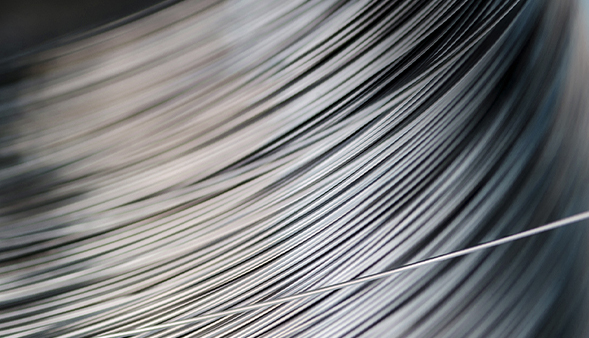Aug . 15, 2024 09:58 Back to list
Benefits of Incorporating Vermiculite into Your Soil for Improved Plant Growth and Health
Adding Vermiculite to Soil Enhancing Plant Growth and Soil Quality
Vermiculite is a natural mineral that has gained popularity among gardeners and horticulturists due to its numerous benefits when added to soil. Derived from the mineral mica, vermiculite undergoes a process of extreme heating, causing it to expand into lightweight, accordion-like particles. This unique structure makes it an ideal soil amendment that can significantly enhance soil quality, promote healthy plant growth, and improve water retention.
Adding Vermiculite to Soil Enhancing Plant Growth and Soil Quality
In addition to water retention, vermiculite also improves aeration in the soil. The lightweight particles create space around soil grains, allowing air to circulate more freely. This is crucial for plant root health, as well-aerated soil promotes oxygen exchange and helps prevent the development of root diseases. Poorly aerated soil can lead to compaction, restricting root growth and limiting the plant's ability to access essential nutrients. By adding vermiculite, gardeners can create a balanced soil structure that supports robust root development and nutrient uptake.
adding vermiculite to soil factory

Nutrient retention is another significant benefit of incorporating vermiculite into soil. Vermiculite has a high cation exchange capacity (CEC), which means it can hold and exchange nutrients effectively. This characteristic allows it to capture essential elements like potassium, magnesium, and calcium, making them available for plant uptake. With vermiculite in the soil, plants can flourish as they receive a steady supply of vital nutrients. Additionally, vermiculite can help to buffer soil pH levels, creating a more stable growing environment for sensitive plants.
When it comes to combining vermiculite with other soil components, it works particularly well with potting mixes and container gardens. Many commercial potting soils already include vermiculite due to its lightweight properties and ability to improve drainage. For those interested in creating their own potting mix, a common ratio is one part vermiculite, one part peat moss, and one part perlite. This blend offers an ideal balance of moisture retention, aeration, and nutrient availability, promoting healthy plant growth in a variety of settings.
It is important to note that while vermiculite brings many benefits to soil, it should be used judiciously. Too much vermiculite can lead to overly loose soil that drains too quickly, which could stress plants. A well-balanced approach is key, with the incorporation of vermiculite adjusted according to the specific needs of the plants and the existing soil composition.
In conclusion, adding vermiculite to soil is an effective way to enhance plant health and improve soil quality. Its moisture retention, aeration properties, and nutrient-holding capacity make it a valuable amendment for gardeners looking to create optimal growing conditions. Whether working with garden beds or container plants, vermiculite can help support vibrant, thriving gardens for both novice and experienced horticulturists alike. As with any soil amendment, understanding the specific requirements of your plants will ensure the best possible results, driving a fruitful harvest and beautiful blooms.
-
Eco-Friendly Granule Covering Agent | Dust & Caking Control
NewsAug.06,2025
-
Fe-C Composite Pellets for BOF: High-Efficiency & Cost-Saving
NewsAug.05,2025
-
Premium Tundish Covering Agents Exporters | High Purity
NewsAug.04,2025
-
Fe-C Composite Pellets for BOF | Efficient & Economical
NewsAug.03,2025
-
Top Tundish Covering Agent Exporters | Premium Quality Solutions
NewsAug.02,2025
-
First Bauxite Exporters | AI-Optimized Supply
NewsAug.01,2025
